View all filters
Clear
Trilogia do sexo errante
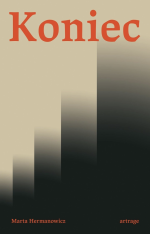
Până la Capăt
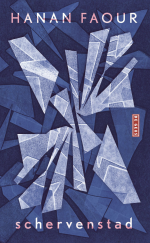
schervenstad
Nadine en haar tweelingbroer Isaac zijn op hun veertiende door het stukgelopen huwelijk van hun ouders ook van elkaar gescheiden. Isaac vertrekt met hun Libanese vader naar diens geboorteland, terwijl Nadine met hun Nederlandse moeder achterblijft in Noord-Limburg. Als de wereld jaren later wordt opgeschrikt door een explosie in de haven van Beiroet, weet Nadine één ding zeker: ze moet erheen.
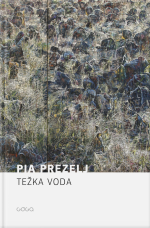
Agua pesada
Susret
Il raduno

Тежка вода
Na putu do kuće
Urșii panda din Ueno
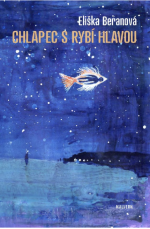
De jongen met het vissenhoofd
Siempre hemos vivido en este pueblo
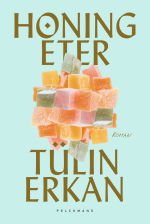
ARRIVALS / GELIȘ (Медолюб)
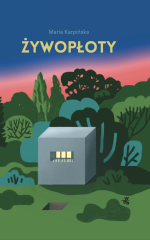
Żywopłoty (The Hedges)
“Debiut Karpińskiej to opowiadania pisane Gombrowiczem, ale fajniejsze, bo o ludziach z naszych ulic” Olga Hund
Opis okładkowy:
Żywopłoty to historia człowieka, którego tożsamość zbudowana jest na narracji – istnieje tylko wtedy, gdy opowiada, dlatego jego dzieje rozpisane są niczym dzieje świata, który on szczelnie wypełnia.
Żywopłoty – z ich odrealnieniem, a jednocześnie koncentrancją na zwykłych, prostych codziennych sprawach – układają się w rodzaj baśni. To baśń o tym, co w życiu najważniejsze.
Poszczególne mikrohistorie można poznawać osobno i przy każdej na nowo odkrywać perspektywy i wymiary człowieczeństwa. Czyta się je – jak utwory najlepszych autorów czeskich, takich jak Pavel czy Hrabal – jak rzecz niewymuszoną, trochę spoza literackiego świata, nieosadzoną w konkretnej rzeczywistości i czasie.
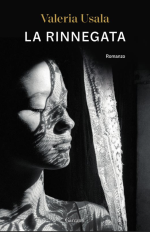
Отхвърлената
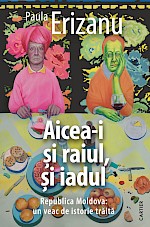
Hej, devojke (It’s Both Heaven and Hell Here. Moldova: a Century of Lived History)
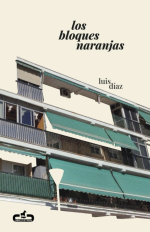
Caseggiati arancioni
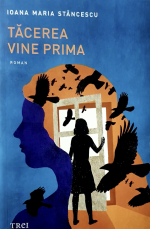
Najpierw przychodzi milczeni

Zatajena

Živý plot
